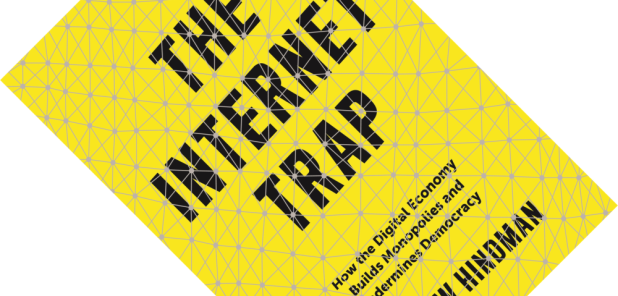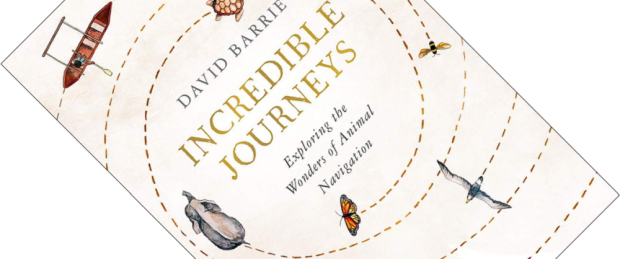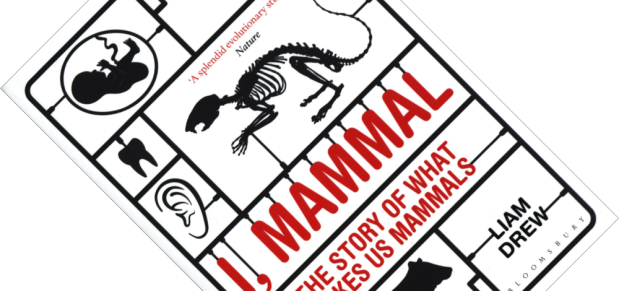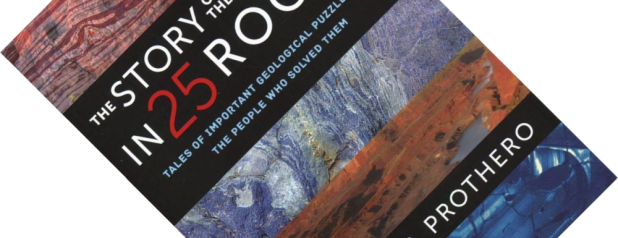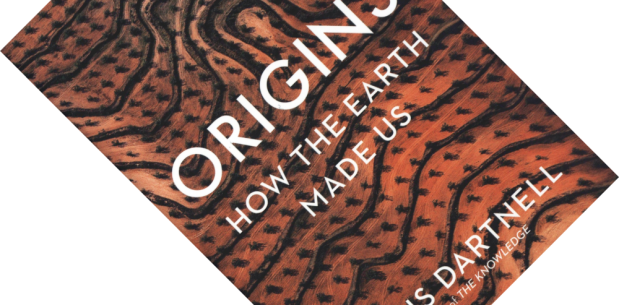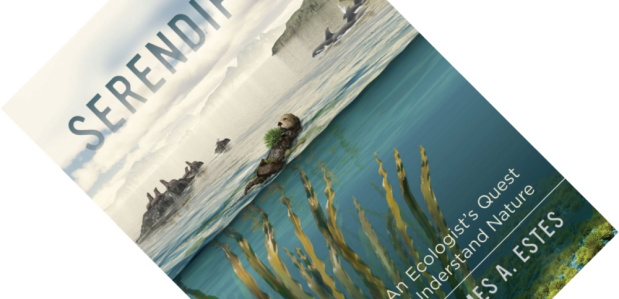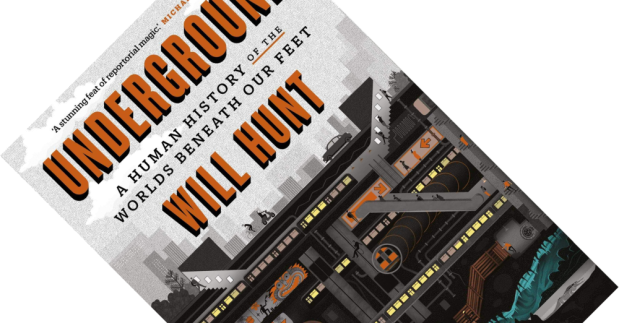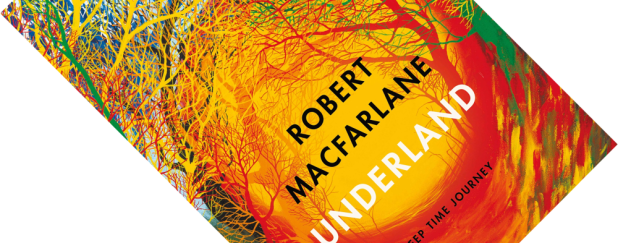The internet was supposed to be the great leveller. A revolutionary new medium that would allow anyone, anywhere to share his views and opinions with the world. A medium that would lead to robust and civil discourse amongst the citizens of planet Earth, with people holding different viewpoints exchanging ideas and finding inspiration. It would spell the end of big companies, with “competition being only a click away”, and numerous promising startups hiding in garages everywhere, ready to burst onto the scene. With the cost of reproduction and distribution approaching zero, anyone could start a blog, be a journalist, be heard!
Now take another good look around you. Where is the internet that we were promised?

